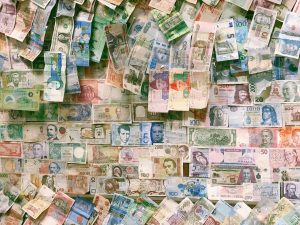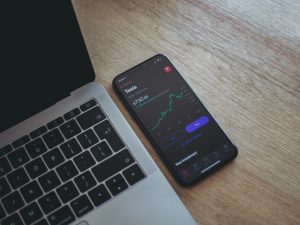The forex market, also known as the foreign exchange market, is one of the most active and largest financial markets in the world. It is a decentralized market where currencies are traded 24 hours a day, five days a week. The forex market is also known for its high liquidity and volatility, making it an attractive investment option for traders. However, in recent months, the forex market has been showing signs of slowing down. In this article, we will explore the reasons behind why forex is being slow.
COVID-19 Pandemic
The COVID-19 pandemic has had a significant impact on the global economy, and the forex market is no exception. The pandemic has caused economic uncertainty, and many businesses have been forced to shut down. This has led to a decrease in trade and commerce, which has had an adverse effect on the forex market. The pandemic has also caused a decrease in travel and tourism, which has led to a decrease in demand for foreign currencies.
Central Bank Policies
Central banks play a crucial role in the forex market. They use monetary policy tools such as interest rates and quantitative easing to control the money supply and stabilize the economy. In recent years, central banks have been implementing policies to stimulate economic growth. However, these policies have led to a decrease in interest rates, which has made it less attractive for investors to hold onto their currencies. This, in turn, has led to a decrease in demand for currencies, which has slowed down the forex market.
Political Uncertainty
Political uncertainty can have a significant impact on the forex market. Political events such as elections, referendums, and trade negotiations can cause fluctuations in currency values. The uncertainty surrounding these events can lead to a decrease in trading activity, which can slow down the forex market. In recent years, events such as Brexit and the US-China trade war have caused a lot of uncertainty in the forex market, leading to a decrease in trading activity.
Low Volatility
Volatility is a measure of how much a currency’s value fluctuates. The forex market is known for its high volatility, which makes it an attractive investment option for traders. However, in recent months, the forex market has been showing signs of low volatility. This is because of the economic uncertainty caused by the COVID-19 pandemic and the implementation of central bank policies. Low volatility means that there are fewer opportunities for traders to make profits, which can lead to a decrease in trading activity.
Conclusion
In conclusion, the forex market is being slow for various reasons. The COVID-19 pandemic has caused economic uncertainty, which has led to a decrease in demand for currencies. Central bank policies aimed at stimulating economic growth have also led to a decrease in interest rates, making it less attractive for investors to hold onto their currencies. Political uncertainty such as elections and trade negotiations can cause fluctuations in currency values, leading to a decrease in trading activity. Finally, low volatility means that there are fewer opportunities for traders to make profits, which can also lead to a decrease in trading activity. However, it is important to note that the forex market is highly dynamic, and these factors can change rapidly, leading to a more active market in the future.






